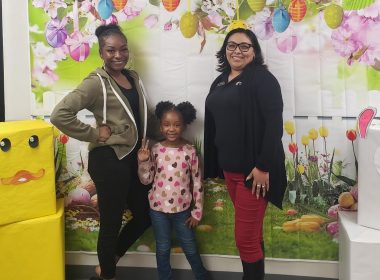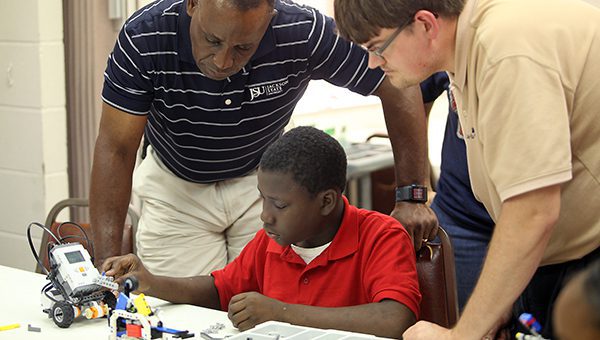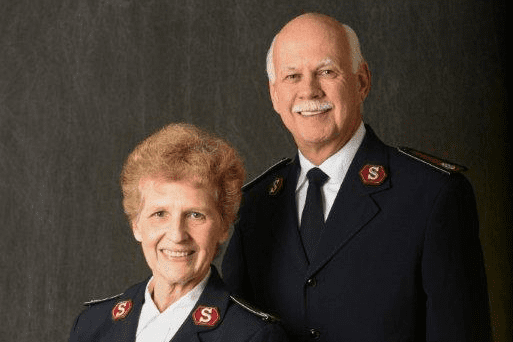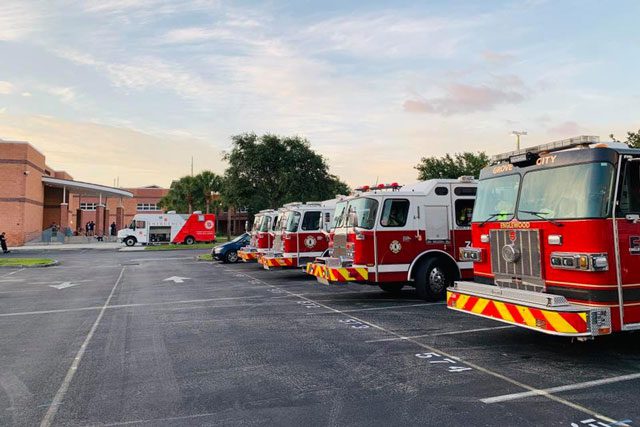Students build and program LEGO robots in corps program
Despite a national push to prime more children for careers in STEM (Science, Technology, Engineering, and Mathematics) less than 40 percent of students entering college intend to major in a STEM field.
The U.S. Department of Education reports only 16 percent of high school seniors are interested in a STEM career while the number of STEM jobs is expected to grow by at least 14 percent between 2010-2020.
While students in middle class environments often have access to STEM-related curricula or after-school programs, many students in lower income areas, such as Vicksburg, Miss., do not have the same opportunities.
Vicksburg has a population of over 23,000 and a poverty rate of 35 percent—12 percent higher than the state average. To reach some of the underprivileged youth in the community, The Salvation Army Vicksburg Corps launched a LEGO league as part of its children’s program.
Each week, coaches from the U.S. Army Corps of Engineers in Vicksburg lead a team of 10 students ages 9-14 in building LEGO robots using pre-provided kits. A small group of students from the program were even selected to participate in the 2014 First Lego League (FLL) World Class Learning Unleashed Regional Qualifier.
The objective of the FLL Competition is to build and program a robot to navigate a course with missions and obstacles, determine how to improve the way to improve learning and demonstrate the core values of the FLL through a randomly selected team project.
“The most rewarding part of this program is seeing the excitement and growth in the children,” said Corps Officer Captain Srikant Bhatnagar. “Many of them come from dysfunctional homes and simply need a safe place where they are loved and cared for.”
STEM training at the Vicksburg Corps began with a computer repair class for a small group of Adventure Corps students. Students learned basic computer components and troubleshooting skills as well as how to properly use small hand tools such as screwdrivers and pliers. Due to the popularity of this class, staff decided to add lessons on basic computer programming, graphic design, and website development with inclusion of the FLL robotics team.
This year’s curriculum is structured around the FLL Robotics Challenge to provide students with a broader, more complete experience in the STEM disciplines. Because research is a key component of STEM, each students receives a research question to address. Students are encouraged to interview experts in the topic they are investigating. They are also taught how to find accurate information from reliable sources when performing Internet searches. While working with the team to perform research, students also learn communication, leadership and teamwork skills.
“The Robotics team has opened up a whole new world for them to learn new skills and abilities as well as the opportunity to participate in tournaments and interact with other teams,” Bhatnagar said. “The highlight last year was seeing their excitement at the tournament when their robot performed well on the field and when they saw their scores.”












